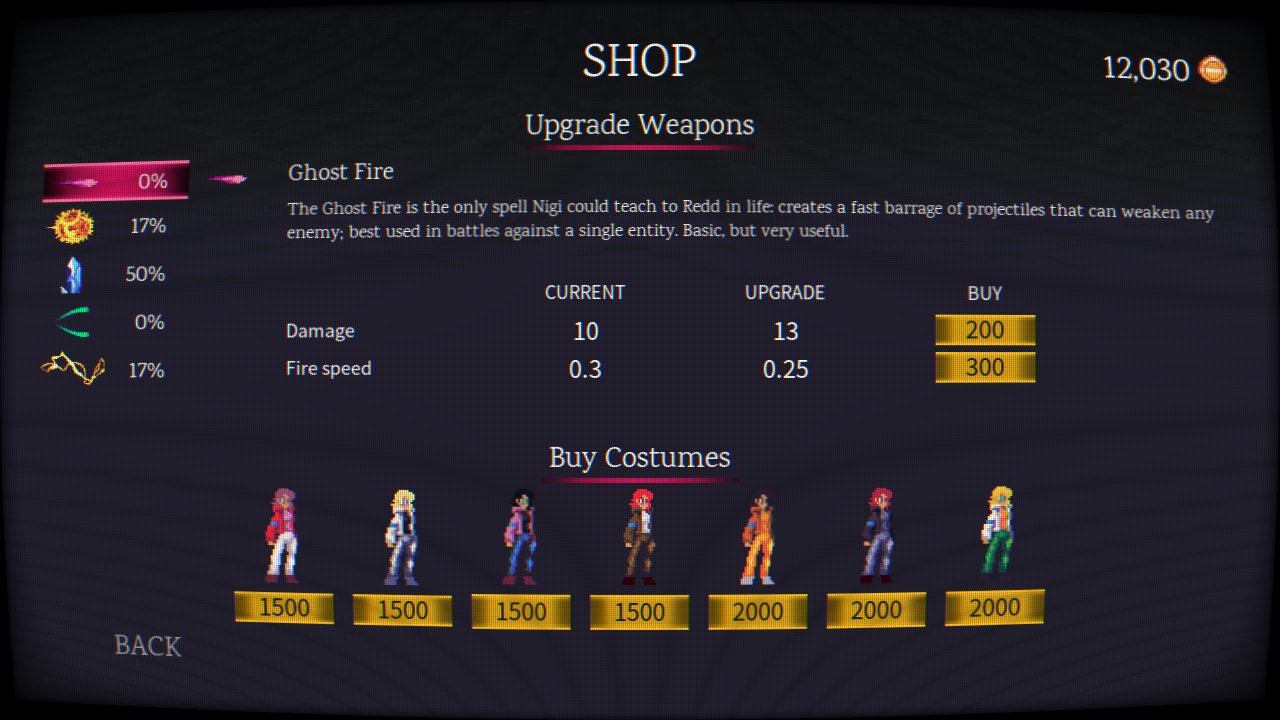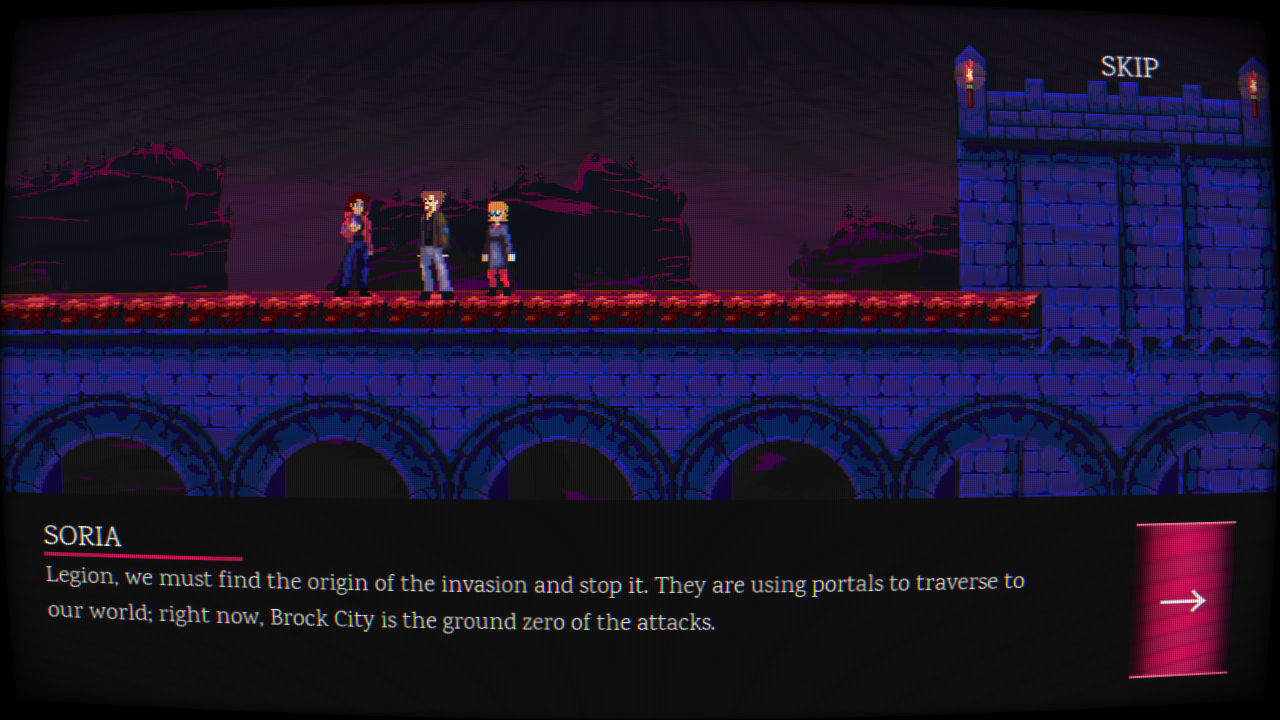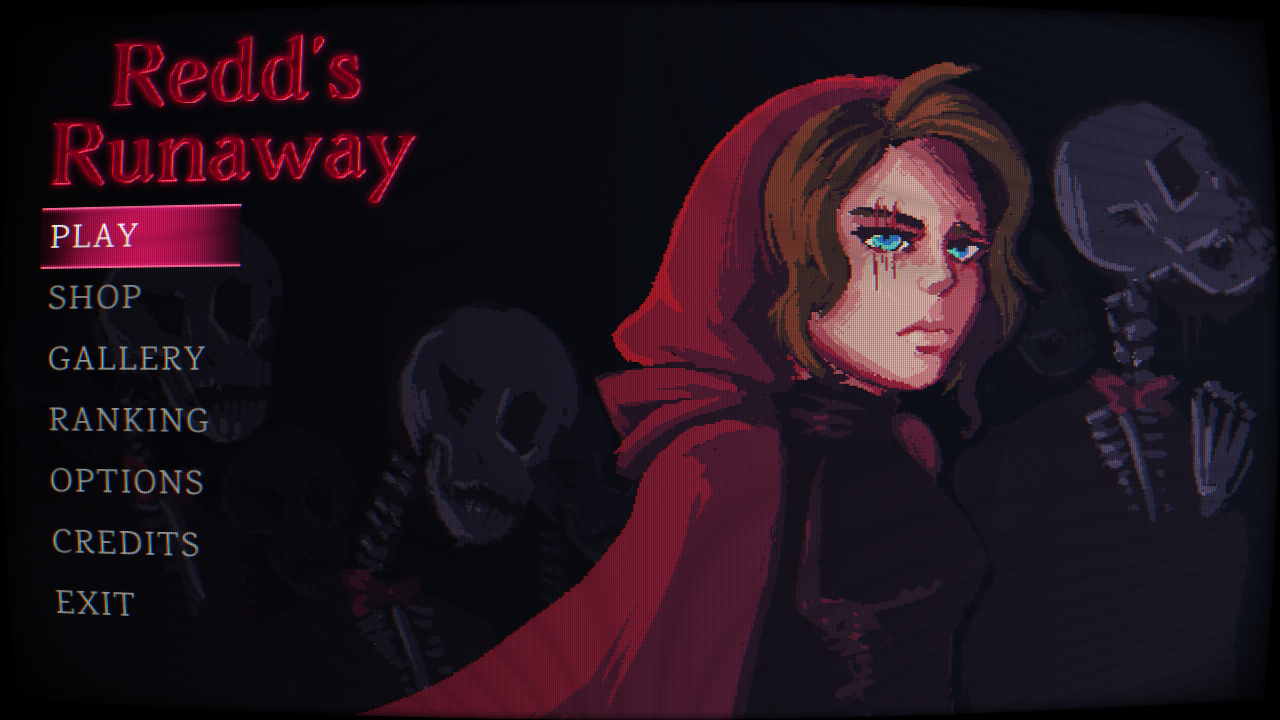Day 12: Get help for testing
As indies, it’s likely that on many occasions we will test our game on our own, thinking that that will be more than enough. However, since we are already aware of how every detail works, it’s best to ask other people to take a look at our work.
Whether it's with our family or close friends, or a group dedicated to testing, be sure to share your progress with others; If you grow as a developer, it is likely that you can share your game with a small community that will help you create the game that both parties want, both you as a developer and your audience as players.

Day 13: When in doubt, go to the community
In case you have some questions or may need some feedback, go to the indie community for help. There are a lot of communities, especially in social networks, focused both in indie games and/or a specific game engine, like Unity, M.U.G.E.N. and Godot.
Maybe one person has passed for the same trouble you are having right now, and most of the time they’d be glad to help (I think the only time when this may be very difficult is around release date hehe). Want feedback about your spritework, game mechanic or new beta? The community is here to try and help. Of course, try to help back with as much as you can; you never know when your knowledge or experience may help a game developer to finish his current project.

Day 14: Set your game’s limits and overcome perfectionism
Setting limits for your game might be a wise choice in the long run. There have been a lot of titles, both indies and AAA, that have been doomed due to lack of limits. We need to remember that our skills will improve and we can add new ideas in either a new title or a sequel; we don’t need to add everything we come up with in our current game. Perfectionism, wealth and upgrades were mortal enemies to Duke Nukem Forever and Daikatana, to name a few - https://www.wired.com/2009/12/fail-duke-nukem/
Plan around a release date and a specific set of content for the player, then go for it, develop your game and respect your schedule as much as possible. It’s common to have delays (Redd’s Runaway has suffered a few for sure), but keeping them as contained as possible should be in your best interest. Take this into consideration if you are planning to release a game around a certain holiday, like Easter, Christmas or (wink wink) Halloween and Day of the Dead. Small ideas may appear from time to time; do a cost-benefit analysis and decide if it’s worth adding a feature in your current project, if it can wait for your next title, or if it can be added in a possible game update after launch.

